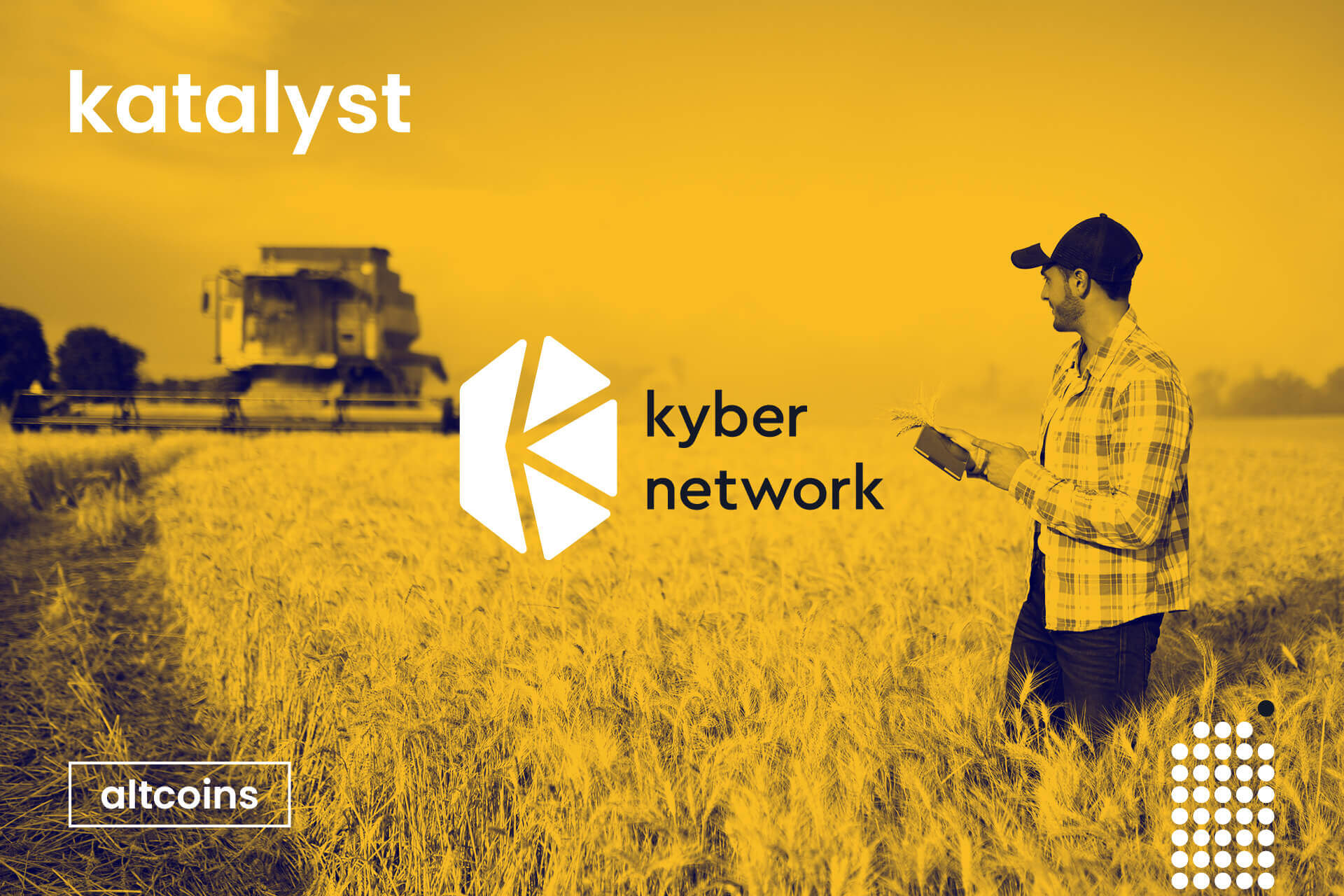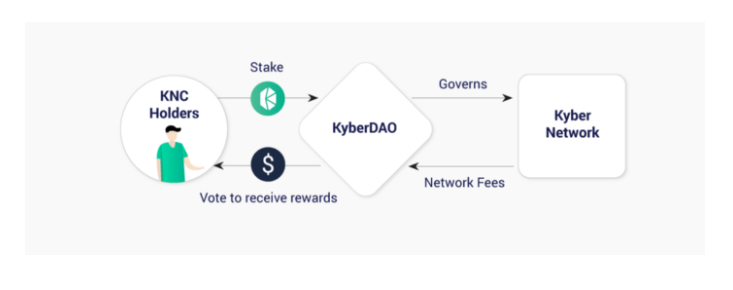
Kyber Network, the leading on-chain liquidity protocol, launched Katalyst protocol upgrade together with its KyberDAO decentralized governance system.
The new decentralized governance system marks the milestone in the Kyber Network’s existence. Furthermore, the company claims that the move together with the technical improvements will enhance liquidity for the whole decentralized finance (DeFi) industry:
The Kyber Network aggregates liquidity from diverse sources and enables decentralized token swaps in any application. After its protocol update, Katalyst will bring the technical changes, designed to increase the liquidity to the decentralized finance market.
Meanwhile, the biggest news is the launch of the governance system KyberDAO. According to the official announcement, the holders of the network’s native Kyber Network Crystal (KNC) token will now be able to participate in the protocol’s governance by staking and voting structure.
Sponsored
Reportedly, the KNC token holders will now be able to take part in DeFi protocol’s governance by staking their tokens and voting on important development changes of the network. In return, they will be granted with the Ethereum tokens and earn a reward (yield) for that.

Staking allows locking funds mainly in cryptocurrency wallets in order to receive a reward for producing blocks and validating transactions on the Proof-of-Stake (PoS) blockchain network. Kyber currently distributes 65% of its network fees as a reward for those who stake KNC tokens.
As stated in the announcement, users will be able to start staking their tokens anytime since July 14, while voting will be allowed since the upcoming week. The reward though will not be issued for those that do not vote. Reportedly, KNC holders will always have full control and ownership over their tokens and will be able to withdraw anytime.
Sponsored
Other upgrades that bring changes to Kyber Network include the reduced network fee (from0.25% to 0.2%), the ability for developers to set their own custom platform trading fee, simplified fee system, incentives, and more robust marketing tools.
Kyber is one of the most used and integrated protocols in decentralized finance (DeFi), with over US$1 billion worth of transactions facilitated since its inception. The network supports over 80 different tokens, and powers over 100 integrated projects including popular wallets Trust, Enjin, Argent, Eidoo. Its native KNC tokens price has grown by nearly 900% year to date and reached the highs of $1.83 on the first days of July, the price last seen in May 2018.
